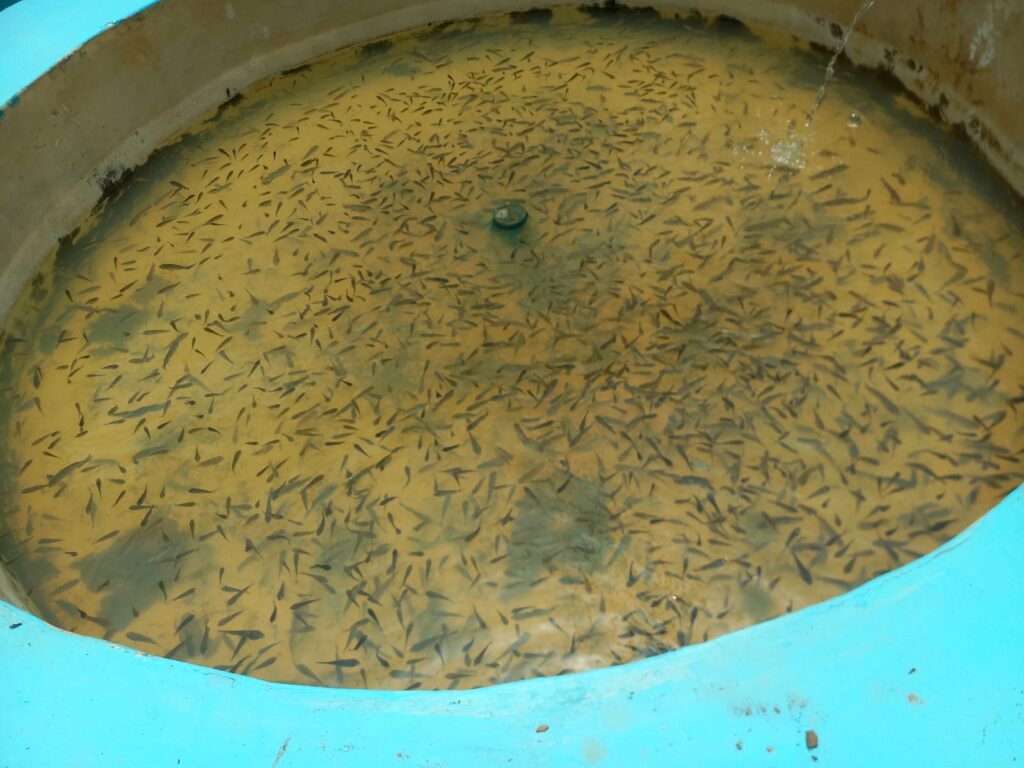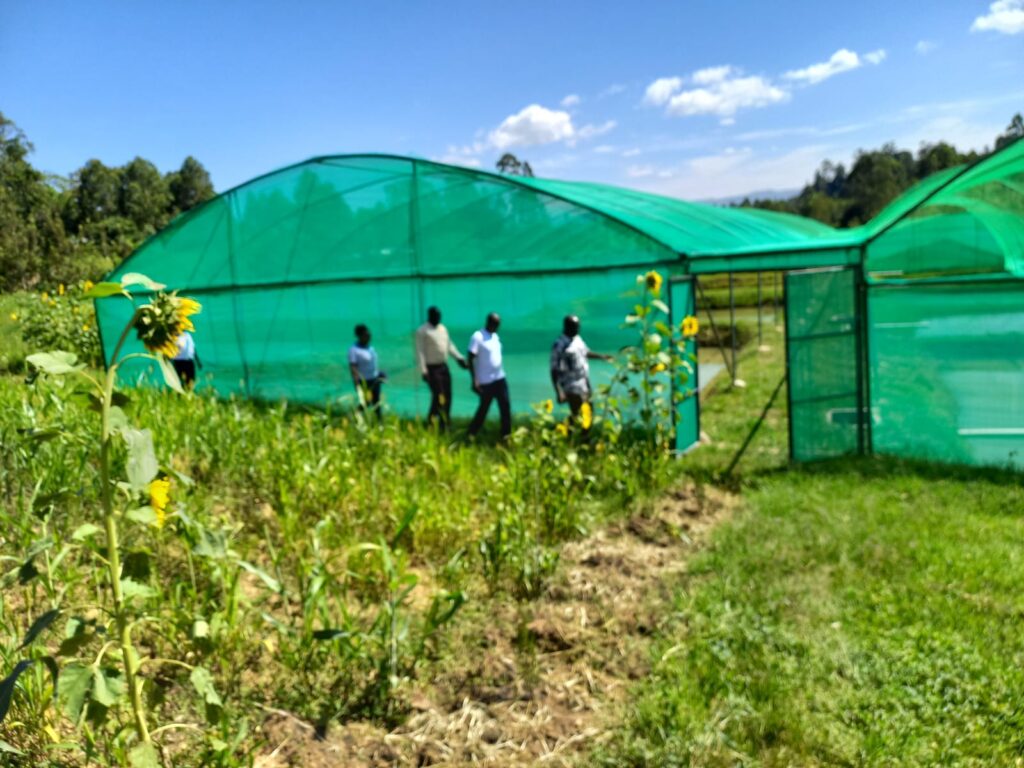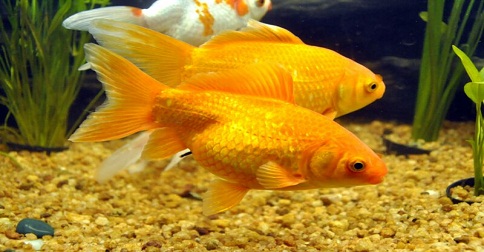In 2008, Laban Mwanzo went back home after finishing his Masters studies at Pwani University.
His father handed him an eight-acre piece of land.
“It was a good gift from dad,” he says. But this was not so satisfying to Mwanzo.
A year later, he decided to make use of the swampy land in Malava, Kakamega County to satisfy his fish farming passion.
This was a swampy land and so it could support fish farming, I decided to look for capital to start the business
Laban Mwanzo
With various reports on the media over the negative effects of climate on aquaculture industry, Mwanzo felt the need of investing on commercial aquaculture ventures to generate income to support his family.
Having the best site for his passion, he decided to act.
“This was a swampy land and so it could support fish farming. I decided to look for capital to start the business,” he said.
After a few consultations with the Kenya Marine and Fisheries Research Institute (KMFRI), his venture was approved and he was ready to go.
The assessment allowed him to set up two fish ponds at the time.
Black soldier fly production
And 13 years later, Mwanzo has 200 fish bonds and two hatcheries.
When Lake Region Bulletin visited the farm, some of the employees were busy feeding the fish while others were cleaning the compound.
Mwanzo offers to take us around his ponds.
The farm which has a fish hatchery rears tilapia, mud fish and catfish fingerlings.

“Here we hatch the fingerlings which we sell to farmers from all parts of the country,” he said.
Apart from the fish farm, Mwanzo also rears poultry and black soldier fly.
The insects are easy to grow and they are rich in omega fats which are good for the fingerlings
Laban Mwanzo
The black soldier fly farming is an alternative feeding ingredient for the fingerlings.
His insect hatchery converts up to 60 percent of the waste into proteins.
The flies are harvested after 15 days to avoid being eaten by crawling animals and the poultry.
The dead insects are then dried, crushed and mixed with other ingredients and fed to the fingerlings.
“The insects are easy to grow and they are rich in omega fats which are good for the fingerlings,” says Mwanzo.
The waste from the farms is used to feed the black soldier fly which is fed to the fish.
This initiative came after he realised that he was spending so much money in buying the fish feeds.
“Today, 10 kilos of NUTRA fish feed costs Sh5,000, and this is very expensive,” he said.
“The main aim of rearing the black soldier fly is to introduce other value chains to solve the fish feeding problem,” he furthered.
This is due to the impacts of climate change which has seen fish production dwindle due to uncertain weather changes.
“Previously I would travel to get the fingerlings. But now, we hatch the fingerlings which we use to stock our ponds, and also sell the surplus out to other farmers,” says Mwanzo.
In a month, each hatchery produces up to 10,000 tilapia fingerlings which he supplies to farmers from across the country.
Community influence
Apart from his farm which sells over 900 fish after every eight months, Mwanzo has also formed a network of fish farmers from around his area where he can get supplies should he get overwhelming orders.
For one to start the business, Mwanzo says one needs around Sh100,000.

He however says the business has also been affected by the importation of cheap fish from China.
As opposed to crop and animal farming, aquaculture is more diverse and varied.
Mwanzo cleans up the poultry house every morning and evening, does a health check and collect the black fly feeds.
According to the fish ponds manager Mark Mbithi, different fish require different climatic conditions to perform optimally.
The fish produced must not only be marketable but also suitable for the climate to be produced cost effectively.
“Due to climate change, we now regularly experience low water levels which sometimes lead to the death of fish,” he said.
Different species of fish have different ecological requirements hence different feeding and breeding requirements as well as water quality.
One of our aims is to also provide employment opportunities for the youth in our area
Laban Mwanzo
Ornamental fish
At the farm, they also produce ornamental gold fish.
Kenyan ornamental fish industry is the fastest growing ornamental industry in Africa.
It includes locally wild caught marine species and captive bred freshwater species.
Presently, the industry contributes to the economy of the country by generating income through export earning, creating employment and enhancing livelihood of the fisher community and fish farmers.

The ornamental fish industry in Kenya has an annual collection of approximately 300,000 pieces of fish of different species.
Apart from fish farming, Mwanzo’s company also sells accessories and fish farming services.
The organization now has 20 staff with 80 per cent of them being the youth.
“One of our aims is to also provide employment opportunities for the youth in our area,” said Mwanzo.
